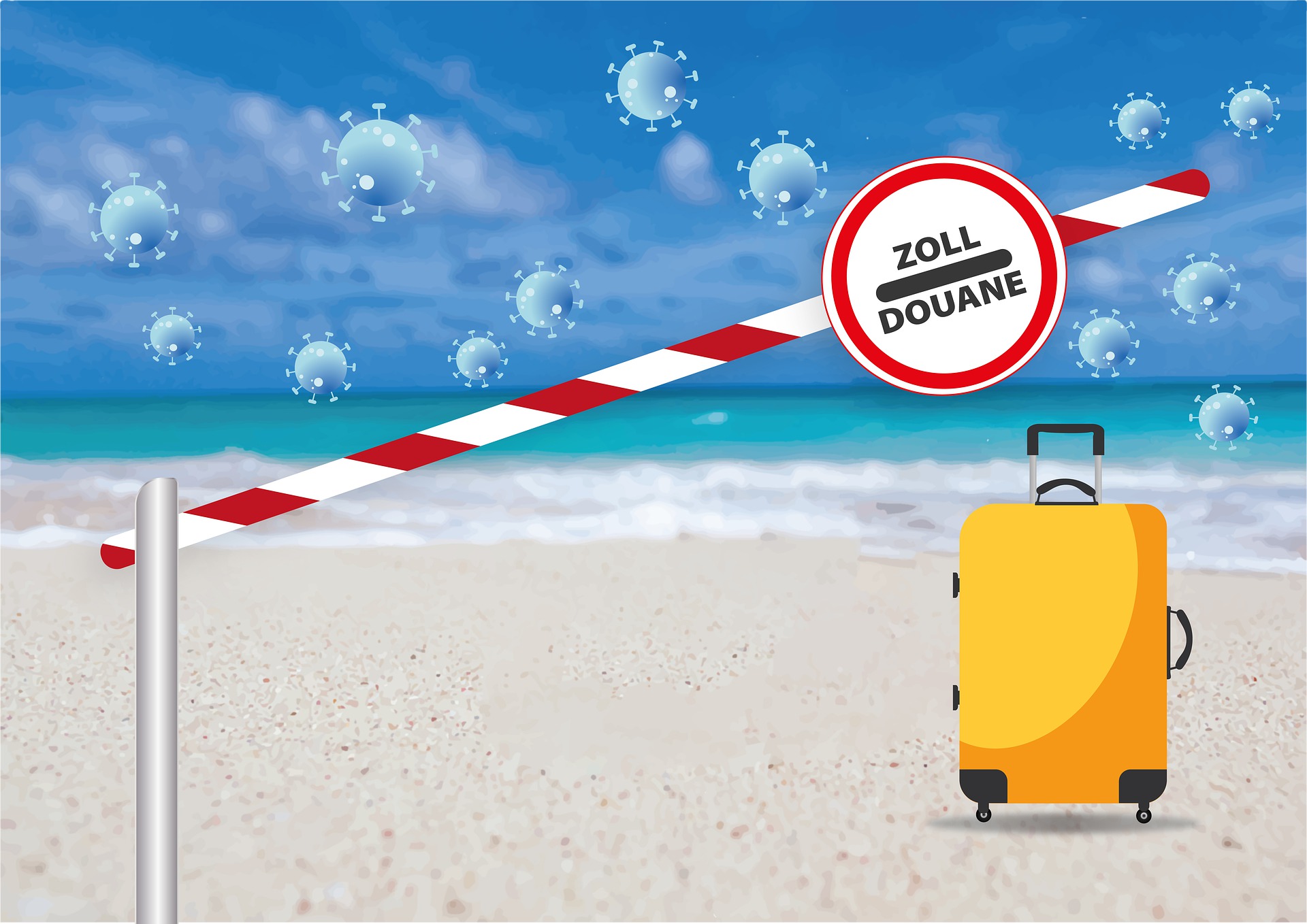As the European tourism industry prepares to open in the summer, a list of safe third countries has been agreed by all 27 EU member states. Travelers from the listed countries will be able to participate in non-essential trips to the block, subject to certain requirements.
The list of safe travel in the EU is periodically reviewed and adjusted and modified in accordance with the latest developments in the coronavirus in each country. While EU member states are encouraged to lift travel restrictions and open their borders to the following countries, they are not required by law to do so. In this way, the recommendation serves as the basis for the compilation of their individual safe travel lists by the EU member states.
Countries on the EU safe travel list
The EU Council’s List of Epidemiologically Safe Third Countries, also known as the EU Green List, is a list detailing which non-EU / EEA countries are considered safe due to their extremely low infection rates.
From July 1st, the following countries are included in the EU safe travel list.
Albania
Armenia
Australia
Azerbaijan
Bosnia and Herzegovina
Brunei
Canada
China regions Hong Kong and Macau
Israel
Japan
Jordan
Kosovo
Lebanon
Moldova
Montenegro
New Zealand
North Macedonia
Qatar
Rwanda
Saudi Arabia
Serbia
Singapore
South Korea
Taiwan
Thailand
United States
The list reflects the Council’s recommendation to the 27 EU member states to allow unhindered entry for residents of those countries, regardless of their COVID-19 vaccination status.
Please note that the Board’s recommendation is not legally binding and individual members have the right to impose any additional requirements on travelers from the aforementioned countries. To find out more about individual entry requirements, visit our article on travel restrictions in the EU.
Requirements for Orange and Red List Countries
All other countries (orange-red list) will require a negative test certificate.
International arrivals from the red zone who are unable to present such a document will have to self-isolate until a negative coronavirus test result. While those arriving from the orange zones should be required to take a test upon arrival in the EU destination country.
The exemption from testing requirements applies to children under the age of 12, regardless of the country of origin. In addition, Member States should refrain from introducing testing and quarantine requirements for vaccination passport holders.
Those who have recovered from the infection will also be exempted from testing and quarantine requirements, provided they have tested positive for COVID-19 within the previous 180 days.

